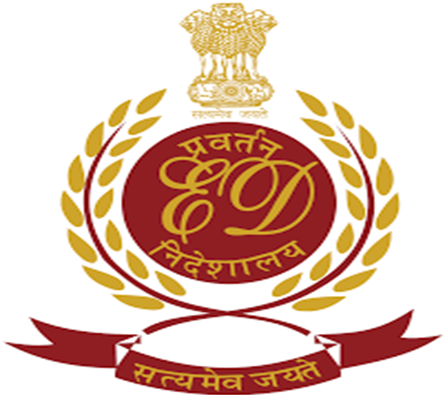A CHILLING MOMENT
Syllabus:
- GS-2 -Institutions and its functioning , Form of Government
- GS-4– Impartiality and Non Partisanship, Good Governance
Why in News :
- Arrest of Delhi CM by Enforcement Directorate
Source:- ED
- Introduction
-
- Arvind Kejriwal’s arrest marks a significant moment in India’s descent towards authoritarianism.
- The government’s pattern of using selective enforcement agencies to target opposition figures, suppress dissent
-
- consolidate power is exemplified by this arrest.
- Kejriwal’s Political Significance
- Despite limited electoral influence, Kejriwal remains a prominent opposition figure.
- He defies traditional narratives used against opposition leaders, making him a unique challenge for the ruling party.
- Kejriwal’s resilience against central government interference underscores his significance.
- Motives Behind the Arrest
- Speculation on the government’s motives behind Kejriwal’s arrest.
- Questions raised about whether it’s a diversion tactic from other government controversies or an expression of authoritarian tendencies.
About ED:
|
- Implications of the Arrest
- The arrest sets a dangerous precedent for the future of democracy in India.
- Targeting opposition figures signals a reluctance to facilitate a peaceful transition of power.
- The existential threat posed by tolerating authoritarian tactics from the government.
- Challenges to Constitutionalism-The arrest highlights the broader challenges to constitutional values in India.
- Legal instruments like the PMLA are susceptible to political misuse, undermining judicial integrity.
- Courts must actively dismantle oppressive mechanisms they’ve indirectly facilitated.
- Exposing the Facade of Democracy
- The arrest shatters the illusion of India as a normal democracy.Traditional institutions are compromised, and the facade of legality is eroded.
- The electoral process is undermined, raising doubts about the legitimacy of democracy in India.
- Role of the Political Opposition
- Opposition leaders face a crucial moment to respond effectively to Kejriwal’s arrest.
- Reluctance to support Kejriwal due to concerns about his political stature would be shortsighted.
- Mobilization and street protests within legal boundaries are essential to counter authoritarianism.
- Conclusion:
- The arrest of Kejriwal unveils the looming threat of tyranny in India.
- Ignoring this reality risks irreversible damage to India’s democratic fabric.
- It’s a wake-up call for citizens to confront the erosion of democratic values and demand accountability from the government.
Source: Indian Express
Mains Practice Question :
“What are the implications of the arrest of Delhi Chief Minister Arvind Kejriwal for India’s democratic institutions and the role of political opposition? Discuss the challenges posed to constitutionalism and the judiciary’s role in safeguarding democratic values amidst growing concerns of authoritarianism.”




